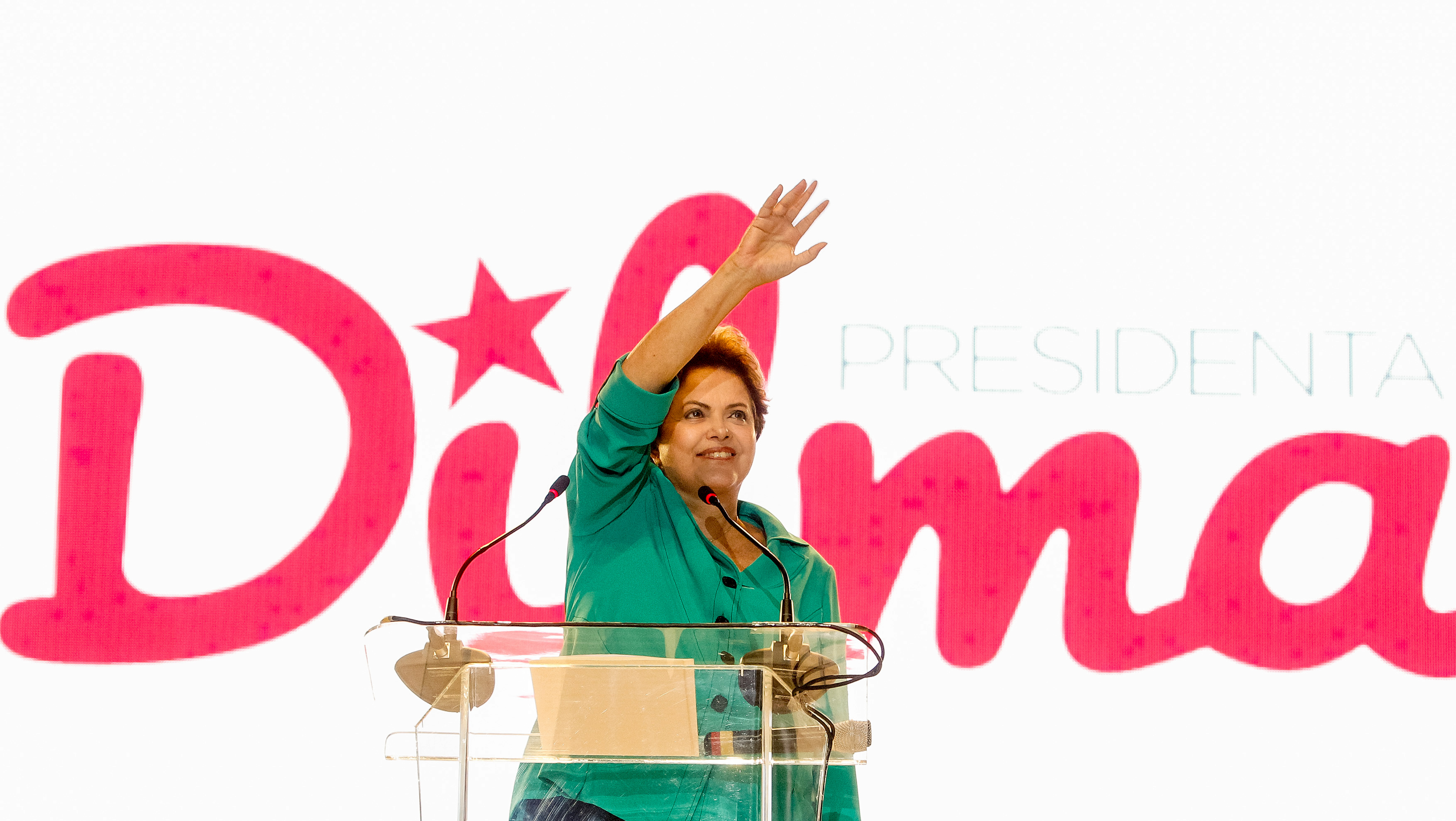Dire future for Brazil


On Oct. 6, Brazilian citizens went to the ballots to choose a president. However none of the 11 candidates received enough votes to guarantee a victory and as a result, Brazilians had to return to the ballots on the 26th to vote for either incumbent Dilma Rousseff or Aécio Neves, former governor of Minas Gerais.
When Rousseff was elected in 2010, Brazil was showing signs of prosperity.
The economy was growing steadily at approximately 7.5 per cent per year and significant social advancements had been made. Four years later, the situation is much less prosperous: Brazil’s current economic growth is close to zero per cent and it has become BRIC’s weakest link.
The current government is trying to shirk any responsibility for Brazil’s poor economic performance in the last few years. In her campaign speeches, Rousseff repeatedly blamed the existence of a grave international economic crisis for the country’s current situation.
This so-called international crisis has been deemed fictional by a group of 164 economists from universities all over the world. They say it is impossible for there to be an international crisis as many other Latin American countries are currently experiencing economic expansion, leaving only Brazil, Argentina and Venezuela as the countries exhibiting the least growth in 2014.
Many blame the current situation on Rousseff and her party. In recent years, the government has negatively impacted the economy by becoming more involved: controlling the prices of gas, intervening in the foreign exchange market, imposing rigid labour rules and complex taxes and so on. Brazilian investment has decreased to only 18 per cent of the country’s GDP, which indicates below par future output.
The latest corruption scandal involving Rousseff’s party, the Worker’s Party — or PT — and Petrobras, a state-run Brazilian multinational energy corporation created an image for her campaign.
Allegations were made that several politicians associated with PT received kickbacks from Petrobras contracts to fund her 2010 election campaign.
Petrobras played an important role in making Brazil self-sufficient on oil back in 2006 and as a state-controlled corporation, it contributes significantly as a source of funding for cultural events, hospitals and schools.
However since the knowledge of this scandal was made public, its value has fallen and fears that the company is a tool for politicians’ motives have increased.
Meanwhile, Neves and the Social Democratic Party — or PSDB — had a more pro-business approach with an economic team comprised of well-versed and experienced economists.
If elected, he would have engaged in harsh, but necessary, macroeconomic adjustments including free trade agreements with the United States and the European Union. Some believe he had the ability to revert the current economic situation.
However in 2011 Neves had his license taken away for driving with expired documentation and refusing to take the breathalyzer test and in 2013 a helicopter carrying 450kg of cocaine was seized from a farm owned by a deputy connected to him.
He is also accused of using his powers as governor of Minas Gerais to benefit himself and his family, leaving the state in great debt. Public funds have been diverted to build an airport — controlled by Neves’s uncle — in a land owned by the Neves family.
Public fund has also been given to three radio stations and a newspaper also owned by the candidate. Nepotism was among the accusations made by Dilma — during his stint as Governor he appointed his sister, three uncles and three cousins for jobs in the public sector.
In an electoral debate, both candidates behaved poorly. There were excessive personal attacks, a lack of concrete answers to accusations and criticisms and most importantly, an absence of government proposals from the candidates. It has created a situation in which the implications of a potential change in government meant replacing one bad leader with another bad leader.
On Oct. 26, citizens once again made their way to the ballots. As voting is compulsory in Brazil, they were left with the dilemma of who to vote for when none of the candidates are the clear choice. Neves received 48.36 per cent of the votes while Rousseff was re-elected with 51.64 per cent.
By the end of the election day, many in Brazil were jubilant, while several others were frustrated and disappointed.
Whether the elected candidate is liked or despised, Brazil continues to move forward.
Instead of allowing this divergence to turn into violence, sarcasm and boycotts, the best option for Brazilians is to continue working with focus and honesty.
Governments may help build or destroy a country, however, at the end of the day the future of a nation lies in the hands of the people.


